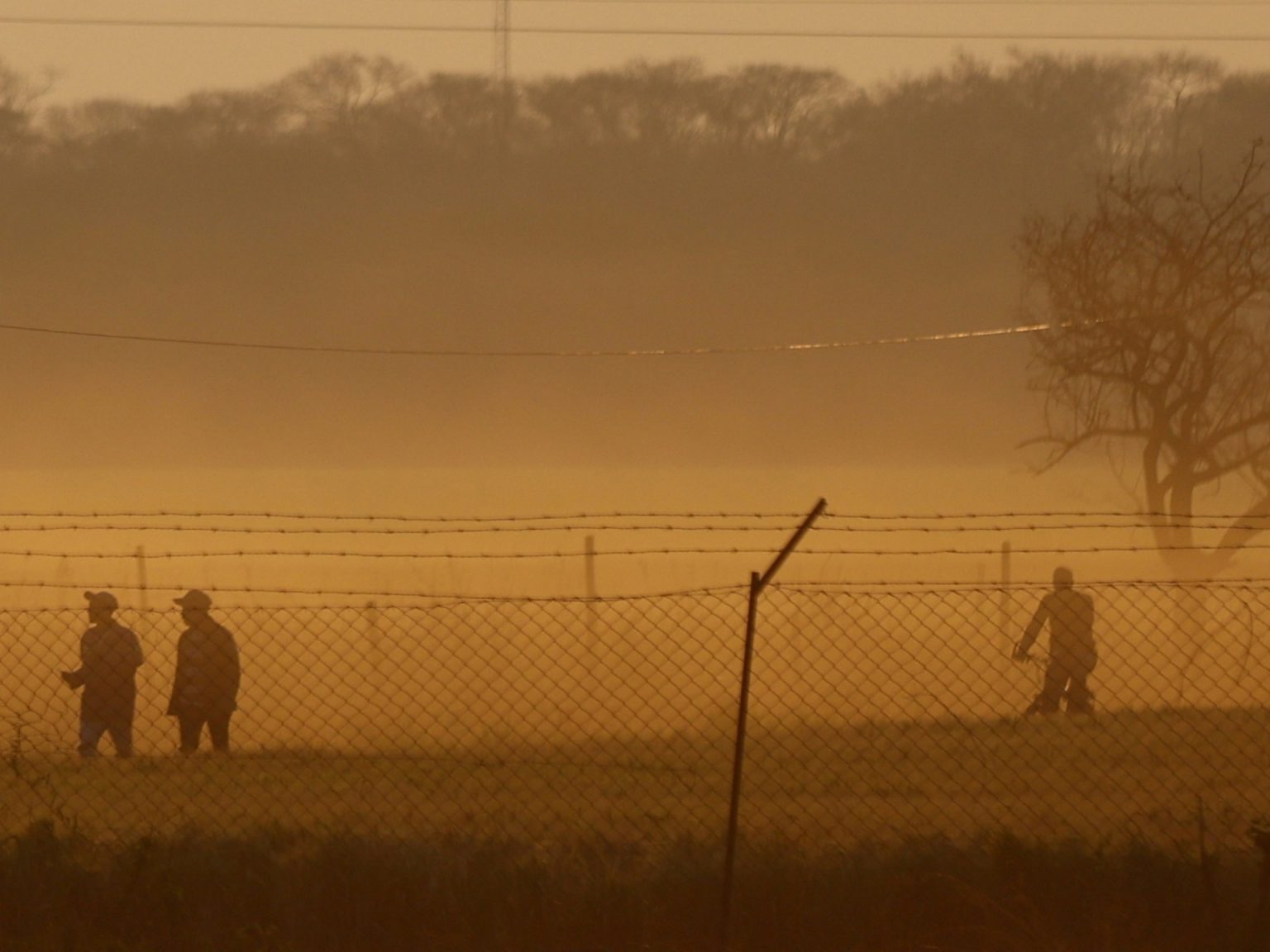Illegal mining activities in Kwekwe, Zimbabwe, particularly in the Globe and Phoenix community, have raised significant safety concerns for residents. In May of last year, a classroom in Globe and Phoenix Primary School collapsed due to illegal small-scale mining activities, resulting in 14 children being injured. This incident prompted the permanent closure of the school and the transfer of affected students. Subsequent incidents of livestock and homes being swallowed by mine tunnels have further highlighted the dangers posed by illegal mining in the area.
Zimbabwe has unveiled plans to revitalize its mining sector, with the goal of creating a $12bn economy driven by the mining of gold, platinum, diamonds, and other minerals. Kwekwe, located in the Midlands province, is a key site for mining activities, particularly gold mining, due to its rich alluvial soils and existing mines. However, the influx of small-scale miners in search of fortunes has led to irresponsible mining practices, resulting in safety hazards and structural instability in the region.
Environmental watchdogs, such as the Zimbabwe Environmental Law Association (ZELA), have expressed concerns about irresponsible mining practices and the lack of proper regulation in the artisanal and small-scale mining sector. Despite the economic importance of mining, there is a call for stronger regulatory frameworks to ensure the safety of communities and the environment. Local authorities in Kwekwe have acknowledged the need for updated bylaws to address illegal mining activities and protect residents from potential dangers.
Illegal miners in Kwekwe, often supported by politically connected individuals known as ‘mabosses’, continue to operate in disused underground tunnels, disregarding safety regulations and endangering the stability of structures above ground. The presence of a network of illegal mining tunnels extending beneath residential areas has heightened concerns about potential building collapses and sinkholes. Despite calls for action, illegal mining activities persist, with miners seeking protection and support from those with political connections.
Residents in Kwekwe, such as miner Runyararo Priscilla Mashinge, have called for a ban on mining activities near residential and business districts to prevent further disasters. The prevalence of illegal mining activities orchestrated by politicians has raised questions about accountability and regulation in the sector. While efforts are being made to formalize artisanal mining and empower small-scale miners, the challenge remains in enforcing existing laws and addressing the safety risks posed by underground mining activities.
The Zimbabwe National Geospatial and Space Agency (ZINGSA) has conducted a study revealing the extent of the underground tunnels created by illegal mining activities in Kwekwe. The findings highlight the imminent risks posed to residents due to structural instability, sinkholes, and ground vibrations resulting from blasting activities. The urgency to address these risks is emphasized by the potential for disastrous collapses and environmental hazards. Despite ongoing efforts to address illegal mining, the safety of residents in Kwekwe remains a pressing concern, with fears of further disasters looming over the community.


